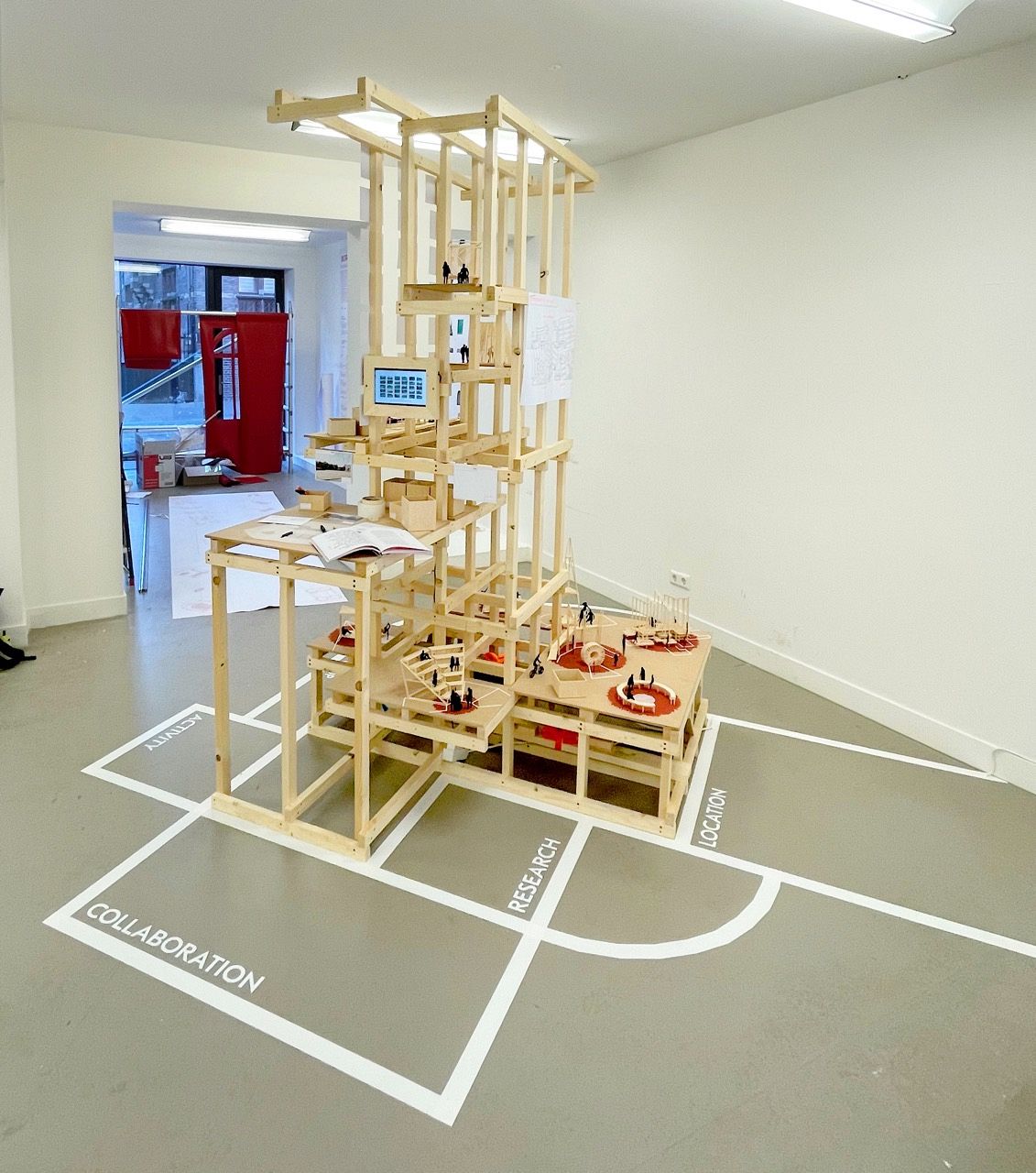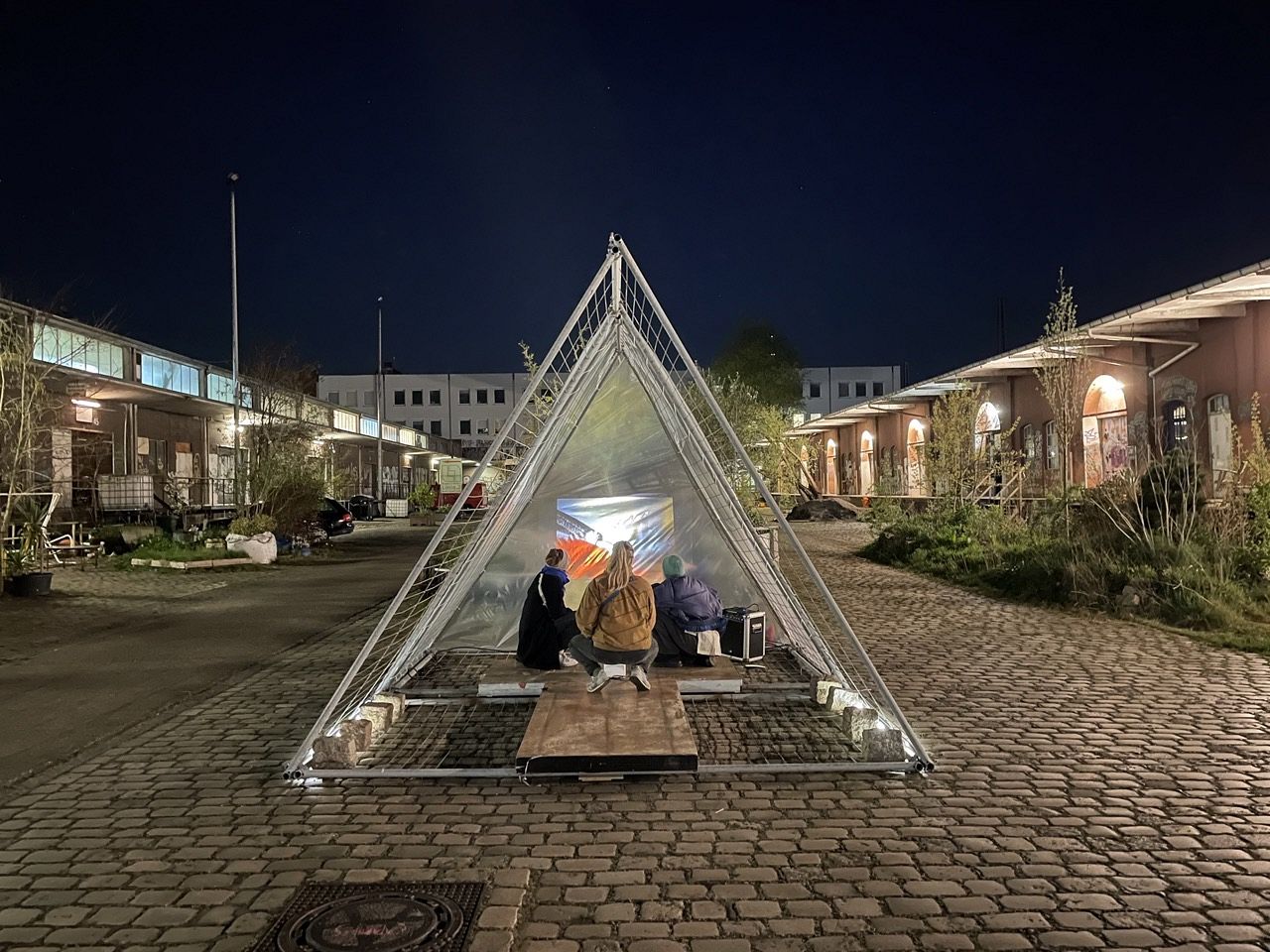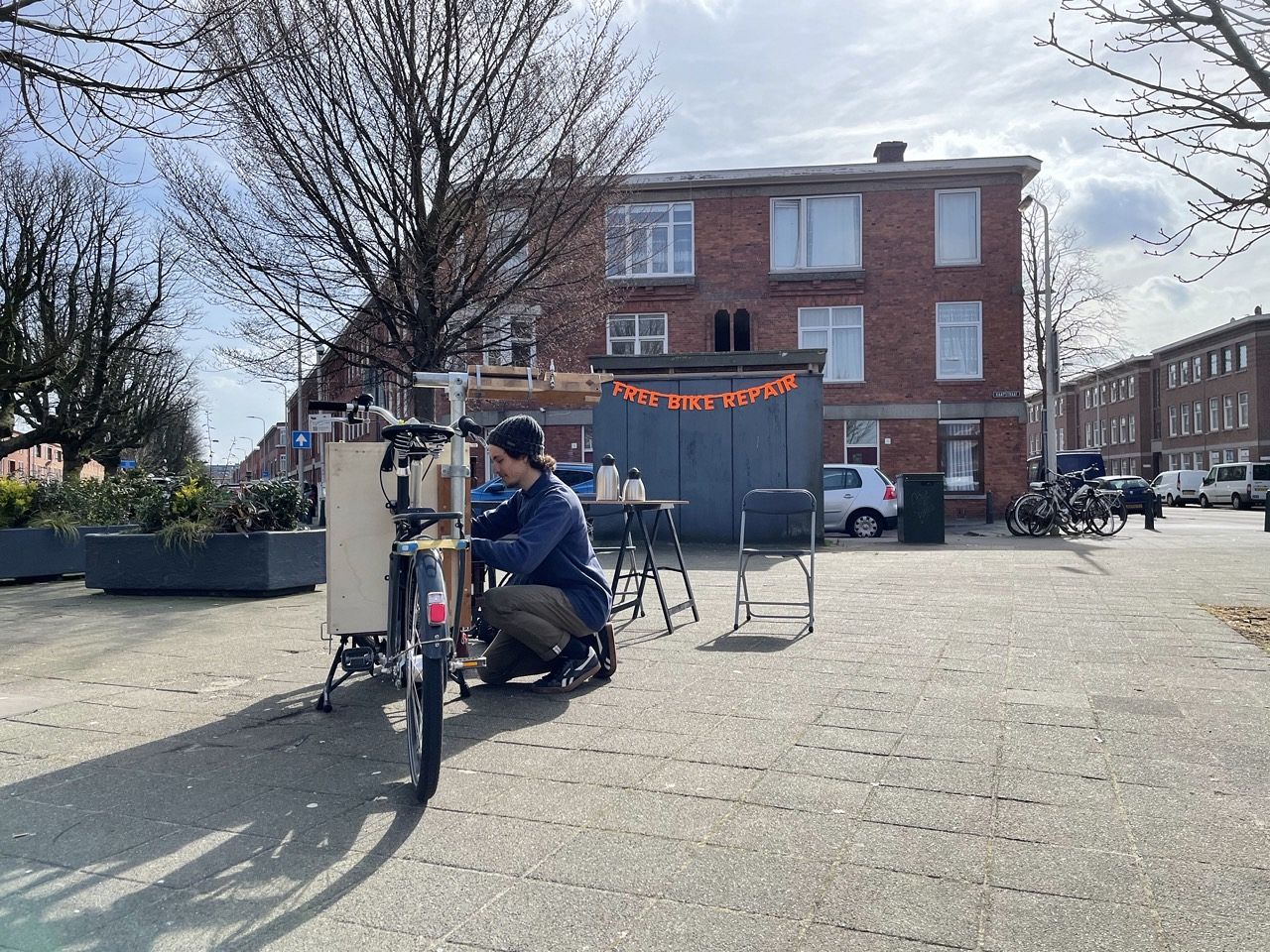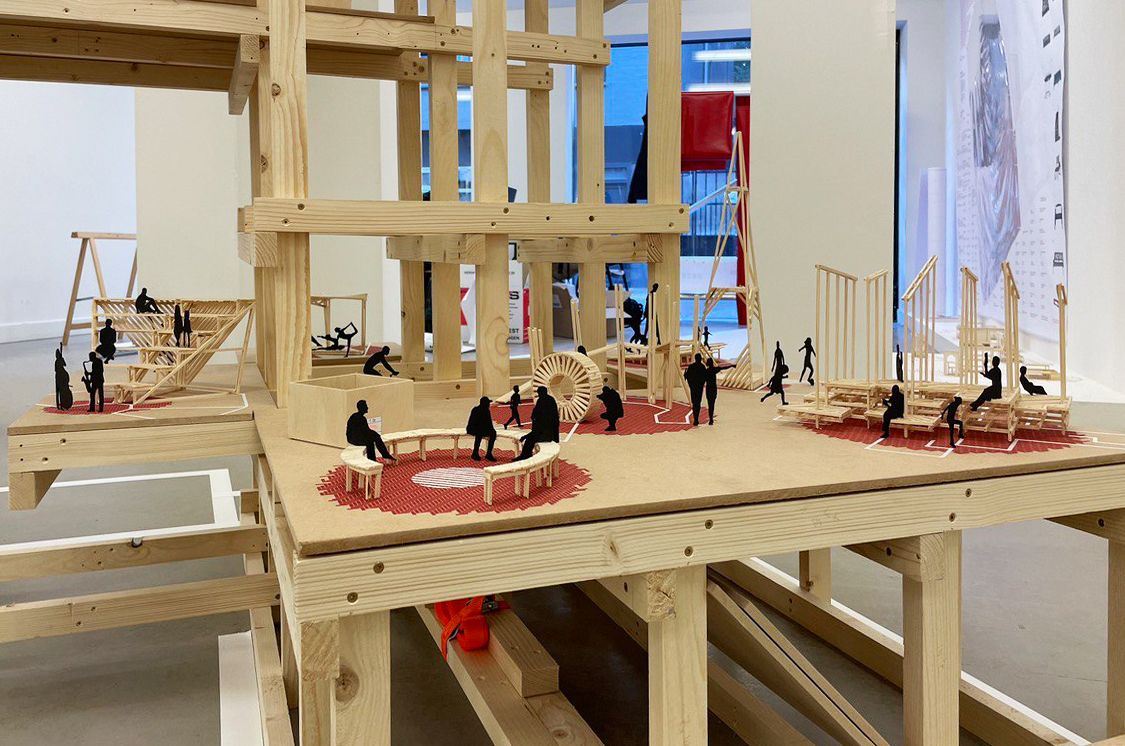
In investigating the tasks and opportunities of the public space, I find special interest in their meaning to display a city's plurality to offer us a chance for the encounter of otherness. Public spaces contribute to the tolerance and solidarity of their users, they enable integration and strengthen our society, if they are provided in an accessible and safe way — if they are usable by everybody.
Most of the public spaces in Northern European cities are dedicated to transit. But in their midst, we can find spaces whose lack of infrastructure makes moments of encounter or dwelling difficult — if not impossible. These places I call the No Purpose Cities within our city.
I want to introduce you to my method of working, the discipline of the modelling architect, who works right on site, in one-to-one, testing their work in its immediate effect. A discipline to appreciate these spaces and to turn them into stages of experience and encounter. By experimenting with the affordances of the city, I collect the ingredients to sketch out the different realities of the No Purpose City.
I claim continuous change as a necessity for a successful public sphere. I argue that statically designed spaces cannot live up to the needs of a constantly changing, fluid society. Through collaborations, I introduce a variety of activities, cultural experiences, and spatial change. What I offer authorities in their aim for successful public spaces is not one single solution. It's a continuous exploration process, in which some modelled spaces might stay for an hour while others prove to last for years. The variety of activities is key. The choice for the activities is site specific and follows what's present or missing in each location individually. The modelling architect offers spatial context, taking an agile role in the fabric of urban development processes.


With the installation of the One Minute Cinema (Bremen) and the Bike Repair (The Hague), different settings and offerings of temporary sketches were explored. They are part of a series of interventions offering activities to offer experience for people to stop in areas of the city where they would usually merely rush through.
